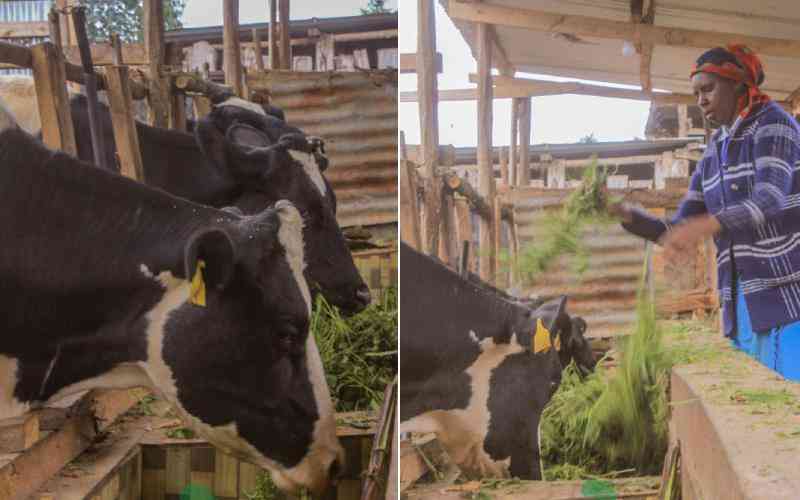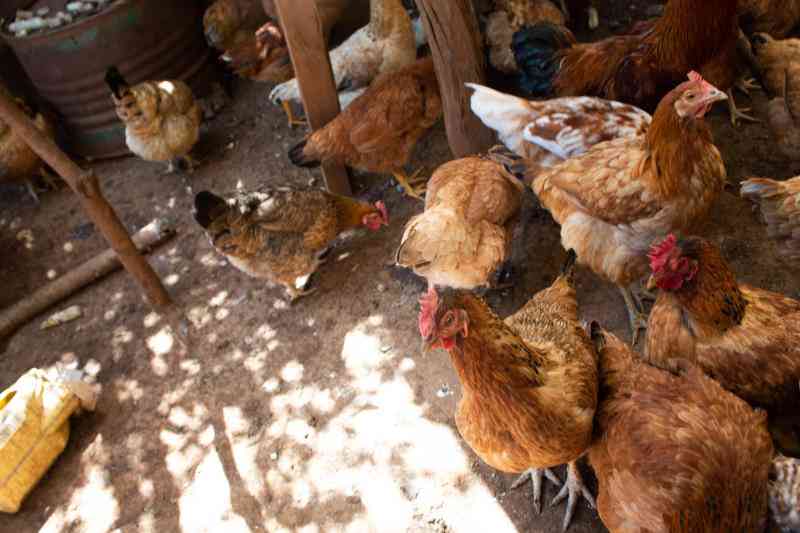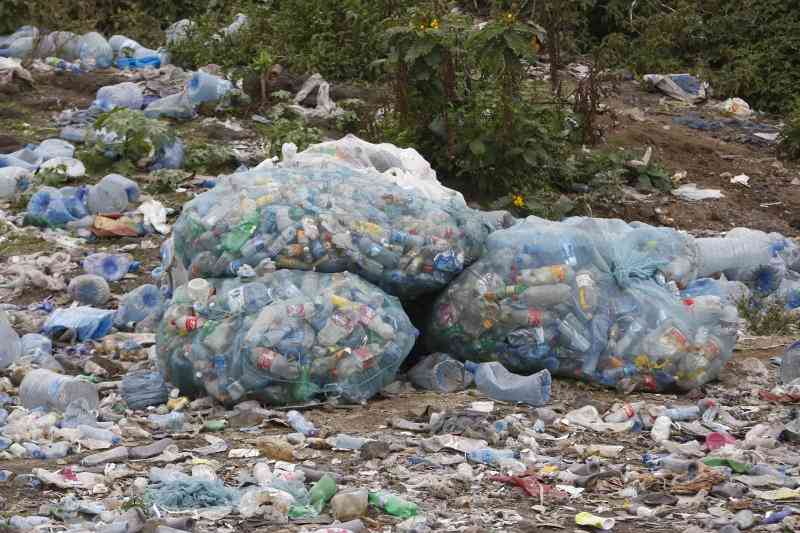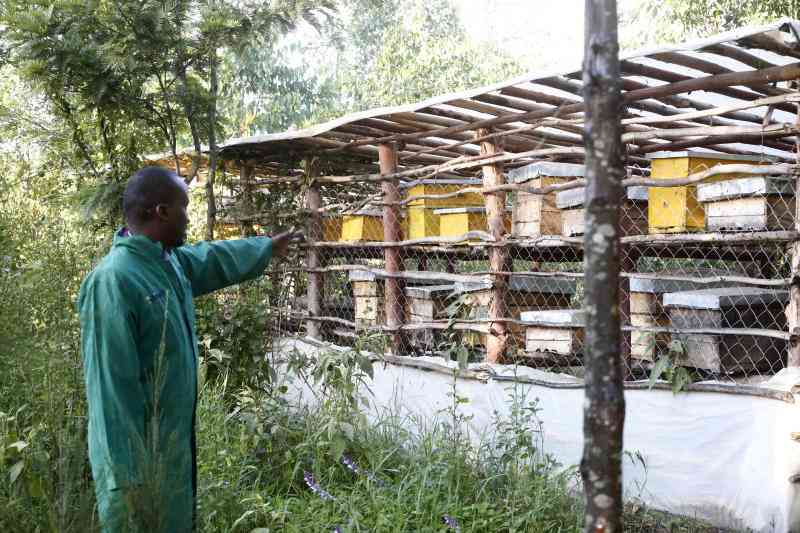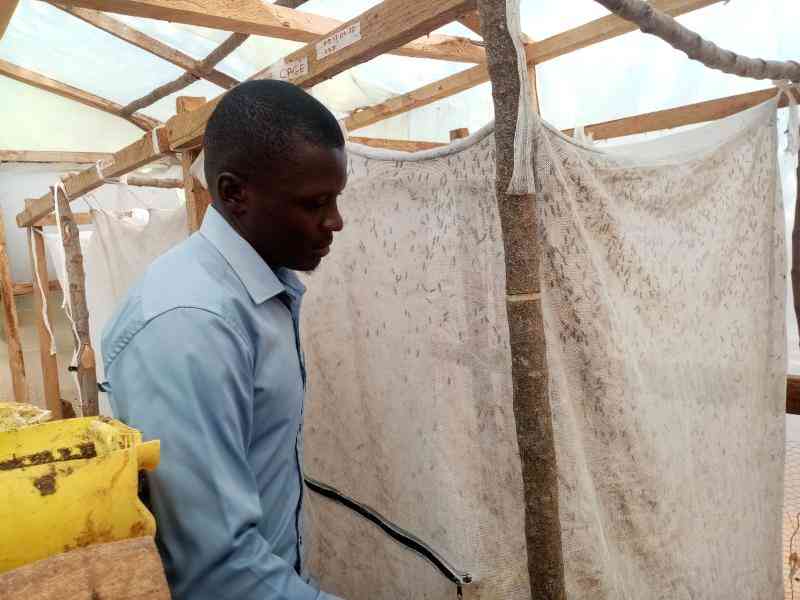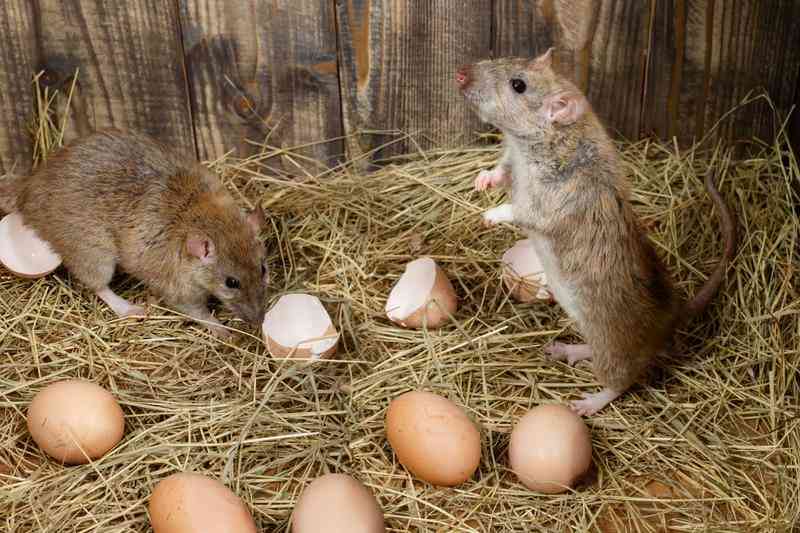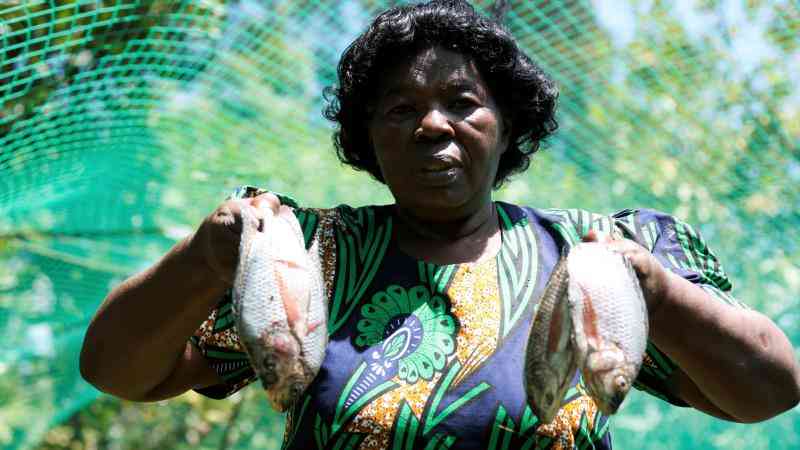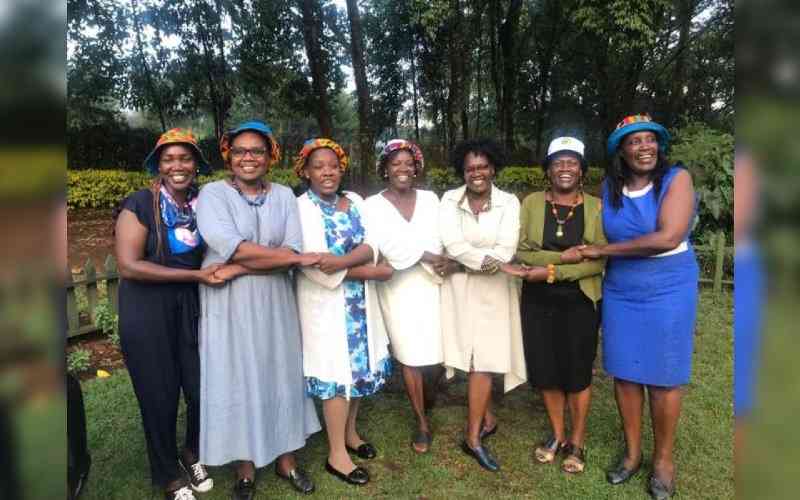
Bold and self driven best describe eight blood sisters in Kericho county who are running a profitable tea business.
They have broken the glass ceiling in the tea industry with the establishment of Sh100 million Ernestea Factory in Kaptebeswet, Ainamoi constituency. The eight sisters are Nancy, Caroline, Betty, Judy, Rosemary, Audrey, Valarie and Joyce.
On a bright and beautiful day in the breathtaking tea farms of Kericho, The Smart Harvest team met the bubbly Rosemary Langat-Rop, the factory's spokesperson who shares the fascinating story of how the women have managed to build an enviable tea business.
Rosemary says Ernestea Factory is a dream and vision that they got from their parents, the late Ernest and Ludiah Langat.
"This is a story of hard work, discipline, determination and believing in ourselves. That is what my sisters and I are all about," says Rosemary.
She says the factory is part of the family heritage of tea cultivation which began in 1961 on 12 acres but they have since expanded it to 80 acres.
"When the Tea Board of Kenya in 2016 changed the policy to allow farmers with 20 hectares or more to engage in the cottage industry, our parents rallied us to invest in a factory to produce orthodox tea. The vision has come true," Rosemary says.
The factory processes between 2,500 and 3,500 kg of tea leaves daily. These include clones of Camellia Sinense tea (green and purple clones). The tea clones are used to produce green, yellow, white, Oolong, black, and fermented tea. In a bid to diversify their investments, the sisters decided to add value and focus on herbal teas that are gaining popularity because of their health benefits.
Tea processing
Rosemary says the tea made from the Camellia Sinensis plant (tea plant) contains groups of polyphenols that give protection against the onset of several chronic disorders.
"Orthodox tea production process retains the most health benefits, decreases inflammation, weight gain, reduces heart disease, blood pressure, cholesterol and prevents cancer cells from developing," she says.
Rosemary says they get their leaves from the factory's garden and neighbouring farms.
"We grow tea on our land and also source for more from farmers around. Because tea is graded based on quality, we make sure we adhere to best practice in tea growing to plucking and processing of the different teas. We have put in place structures to monitor every process to maintain quality," she says.
To achieve high quality, Rosemary explains that all their teas are handpicked - two leaves and a bud. Additionally, they are grown without pesticides or any other chemicals.
"The teas are grown pesticide-free, natured, and tendered on volcanic soils whose altitude is 2100M above the sea level. That way we are guaranteed of rich and natural teas," she says.
Rosemary says they source supplies from sustainable sources among them the packaging materials which can be reused or recycled.
Teas are handpicked
On processing the green tea, Rosemary says it starts with withering the fresh tea leaves, fixing and drying.
Fixing or "kill-green" refers to the process by which enzymatic browning of the wilted leaves is controlled through the application of heat.
It is believed that the longer it takes to fix the tea leaves, the more aromatic it will be.
"For the yellow tea, the leaves are fried, fixed, wrapped and dried. The white tea only takes two processes, withering and drying," she explains.
For the Oolong tea, the fresh leaves are withered, rolled/bruised, oxidized, fixed, and then dried.
Black tea is produced through withering, rolling, oxidization and drying. "For fermented tea, the fresh leaves are withered, fixed, rolled, and fermented," she says.
Rosemary says they sell the processed tea to blenders, packers, brokers, supermarkets, and tea houses. "We also sell it online, internationally, and in selected outlets locally and internationally.
Their teas are certified by Tea Board of Kenya, Kenya Bureau of Standards, Keny Plant Health Inspectorate Service and East Africa Tea Traders.
Though the business has broken even, challenges are real. Getting quality leaf is still a problem - ensuring two leaves and a bud - as well as market penetration.
Family businesses are prone to management challenges and many in Kenya have sunk under that weight. So how do they overcome that hurdle?
Rosemary says though the factory is family owned, they have a strong governance structure and have cultivated a rich culture of professionalism. "We have a constitution, hold annual general meetings, have separated the board from the management, and hire professional staff," she says.
Rosemay says they have hired staff from the local community also with national representation.
Future plans? Rosemary says the objective is to build the Ernestea brand and raise awareness among 500 tea buyers in Kenya and internationally.
"We also want to develop and test packaging designing concepts for four product lines; black, red, purple, and green (50kg and 200 gm) for target clients," she says.
 The Standard Group Plc is a multi-media organization with investments in media platforms spanning newspaper print
operations, television, radio broadcasting, digital and online services. The Standard Group is recognized as a
leading multi-media house in Kenya with a key influence in matters of national and international interest.
The Standard Group Plc is a multi-media organization with investments in media platforms spanning newspaper print
operations, television, radio broadcasting, digital and online services. The Standard Group is recognized as a
leading multi-media house in Kenya with a key influence in matters of national and international interest.


